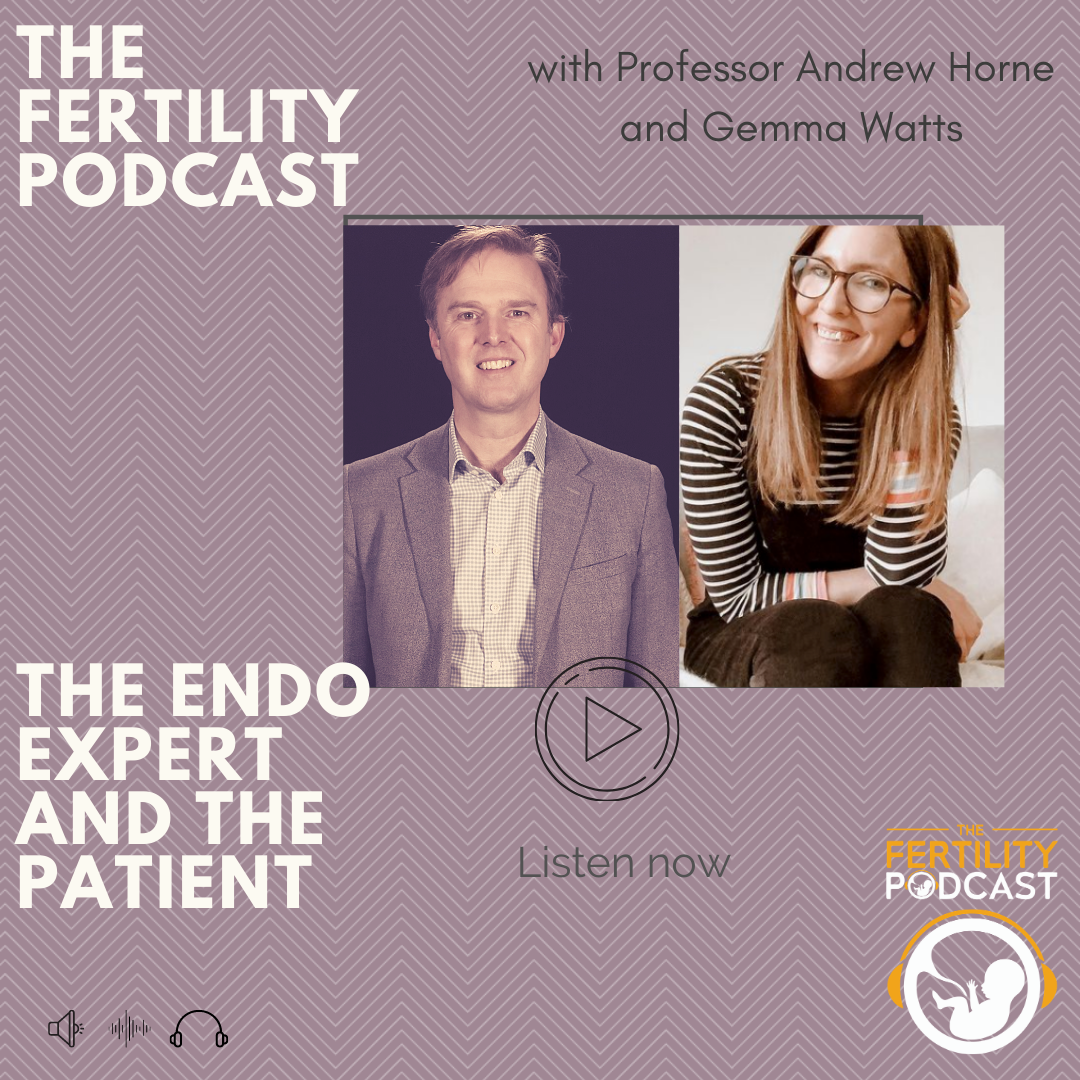To mark the end of Endometriosis month, we wanted to share with you a bumper episode – a guest interview with an expert and a true-life patient story. First up we chat with Andrew Horne – Professor of Gynaecology and Reproductive Sciences at Edinburgh University and an all-round expert when it comes to endometriosis.
Andrew is currently involved in ground-breaking research into a drug treatment trial for endometriosis. He and his team identified that women with endometriosis produce excess lactate in the pelvis, compared to women without the condition, and are trialling a cancer drug to see if this will reduce the lactate levels in these women and reduce the endometrial lesions. Lactate causes pain and therefore reducing lactate may help to reduce the pain experienced by women with endometriosis.
Andrew is also currently recruiting women to be involved in a study looking at the benefits of surgery with regards to improvements in pain and quality of life. This trial will be rolled out among many Endometriosis centres in the UK.
We talk about the main misconceptions surrounding endometriosis and in particular how women are often told that painful periods are normal. It’s a fascinating conversation and you can find out more about Andrews work here.
You’ll also hear from Gemma Watts who started her periods aged 14, in excruciating pain and had years of missed opportunities for a diagnosis until she was 31. Gemma had been dismissed at so many points, it was her husband who forced her to go back to the Doctor as her periods were putting her in bed for 2/3 hours. Gemma was advised against having a laparoscopy and advised to try 3 rounds of IUI, which didn’t work. When she worked with Kate and then saw someone privately, within 5 minutes she was diagnosed with Stage 4 Endometriosis – the most excessive as it’s not just in the uterus it can be all over the body. Endometriosis UK says even if you just have 1 symptom – still ask and you can hear more conversations we have had with the charity here.
If you have been struggling to be heard, please do use these resources and let us know how you get on either in the closed Facebook group or email natalie@thefertilitypodcast.com.


